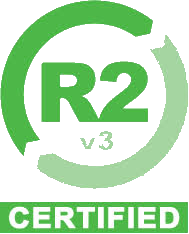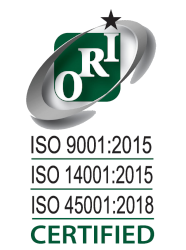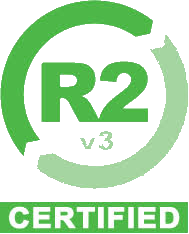Published on December 8, 2021, Updated on January 3, 2022
Recycling of Home Health Care Durable Medical Equipment in Washington
Home health care includes medical practitioners visiting patients’ homes to deliver treatments that are frequently more convenient and less expensive than what patients would receive in a skilled nursing facility or hospital, but are often just as effective. In addition to home health care services, physicians may prescribe or recommend durable medical devices for home use to assist patients maintain their quality of life. Patients and family members might opt to rent or buy this sort of equipment.
Durable medical equipment in Washington, on the other hand, will either be obsolete or completely worn out. When this occurs, 1 Green Planet may assist home health providers and rental firms in removing unwanted or unused DME.
Durable Medical Equipment Characteristics and Types in Washington State
Durable medical equipment in Washington State is a wide word that refers to any medical supplies or equipment designed to help people living at home with a medical condition. DME is often meant for long-term usage at home. It is frequently recommended by a physician, and if considered medically required, the patient’s health insurance may pay the purchase price or rental charges.
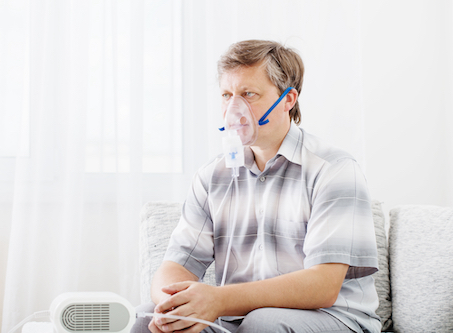
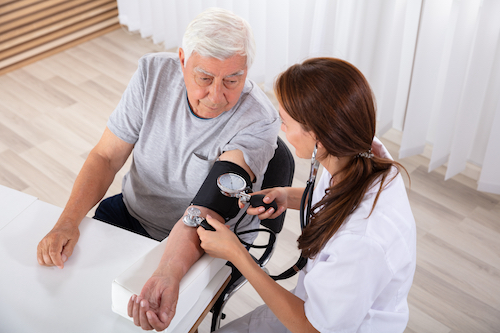
CPAP Machines
There are several different types of sleep treatment equipment in Washington, but the most popular is a CPAP (Continuous Positive Airway Pressure) machine. A CPAP machine delivers a steady flow of airway pressure to the user’s throat, keeping the airway open during sleeping. This efficiently treats the sleep apnea-related spontaneous pauses in breathing.
A CPAP machine directs airflow to a face mask through tubes. Depending on the demands of the individual, masks can be “cushion” type or complete “headgear.” Depending on the scenario, the mask covers the nose or the face.
The CPAP treatment machine itself is a compact bedside appliance to which the tubing and mask attach and which regulates the flow of air to the user. The equipment in Washington State has several electronics that may be recycled or utilized in different medical situations. CPAP devices are widely used in home health care settings to help older individuals with their nocturnal breathing demands.
BiPap Machines
Some medical conditions might make breathing difficult. Patients in these situations may benefit from bilevel positive airway pressure, sometimes known as “BiPap” or “BPap.” It is a sort of ventilator, which is a device that aids in breathing. A BiPap machine is a machine that forces air into the lungs. The equipment distributes pressured air into airways with the use of a mask or nasal plugs coupled to a ventilator. The gadget is named “positive pressure ventilation” because it helps open the lungs with this air pressure.
While CPAP devices are routinely used to treat sleep apnea, BiPap machines are more typically prescribed for use when a patient has COPD, Overlap Syndrome, obese hypoventilation, or any other health condition with an obstructive or restrictive component that impairs breathing during sleep. The gadget increases the pressure in the air to a higher level than the surrounding air, allowing a person to take in oxygen and expel carbon dioxide. BiPap devices are frequently used at home since they are generally prescribed as part of continuous breathing treatments for chronic, long-term disorders.
Oxygen Tanks and Oxygen Concentrators
Supplemental oxygen treatment in the form of tanks or concentrators may aid people with lung illnesses such as cancer or emphysema. Tanks hold compressed oxygen and may be replenished or recycled once they are empty. In either event, they must be handled with caution since compressed oxygen is a dangerous substance.
Concentrators are devoid of oxygen. They function by sucking air from the atmosphere and purifying the oxygen. This makes them more portable and practical than tanks, but it also increases their cost. Although an oxygen concentrator can last up to ten years, it is powered by batteries that will ultimately need to be replaced.
Rental Versus Purchase
For patients and families, the cost of purchasing durable medical equipment can be excessively high, and insurance may not cover the whole cost. Renting the equipment from a home health service or medical equipment supplier is more cost efficient in these cases. Receiving the equipment when it is no longer required helps medical equipment suppliers and home health organizations to reuse it and serve new families. However, the equipment will eventually wear out and must be disposed of correctly.
1 Green Planet is the solution for home health agencies and rental organizations who need to dispose of unwanted or old home health care equipment. Please contact us as soon as possible to schedule a pickup near Washington.


